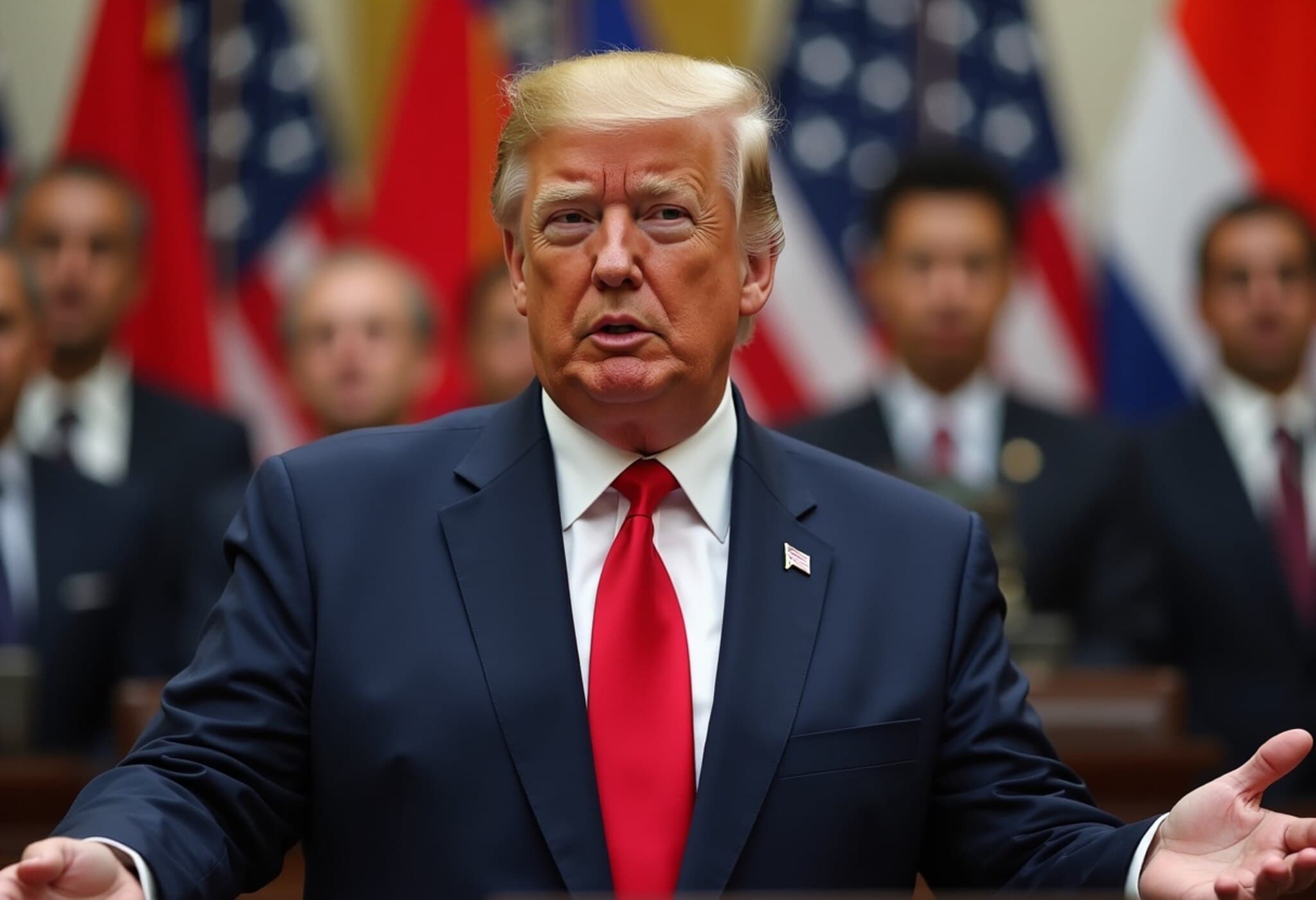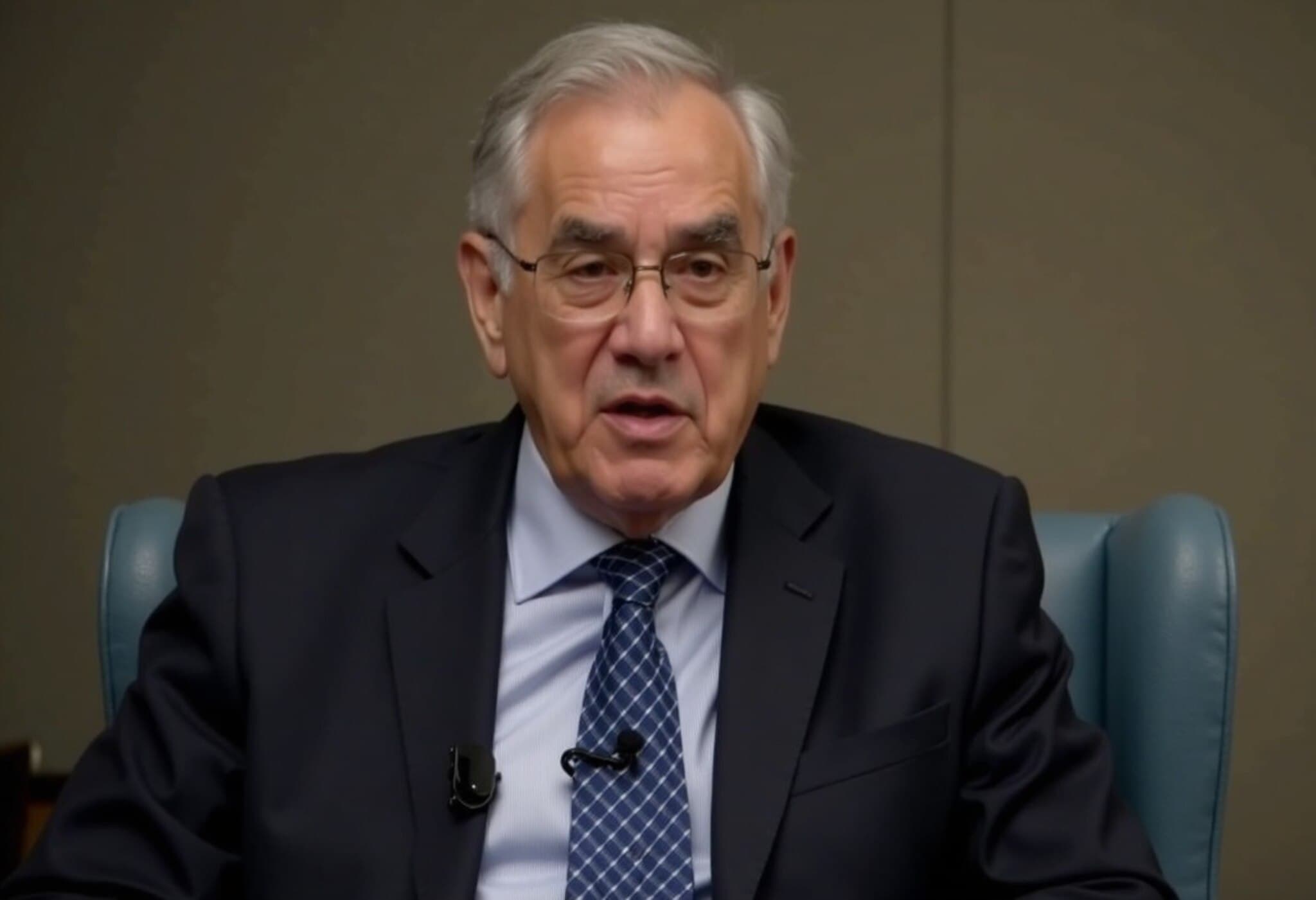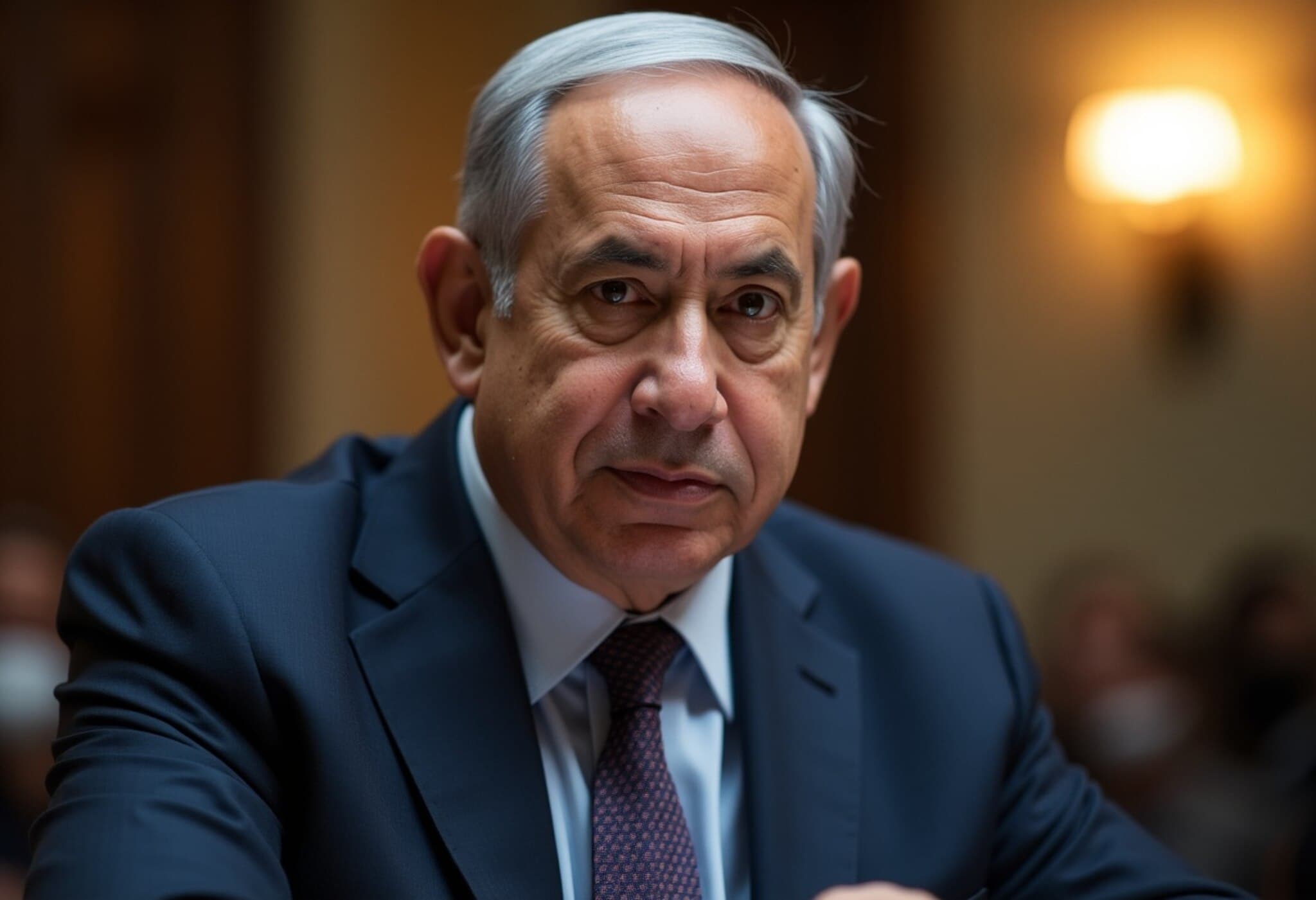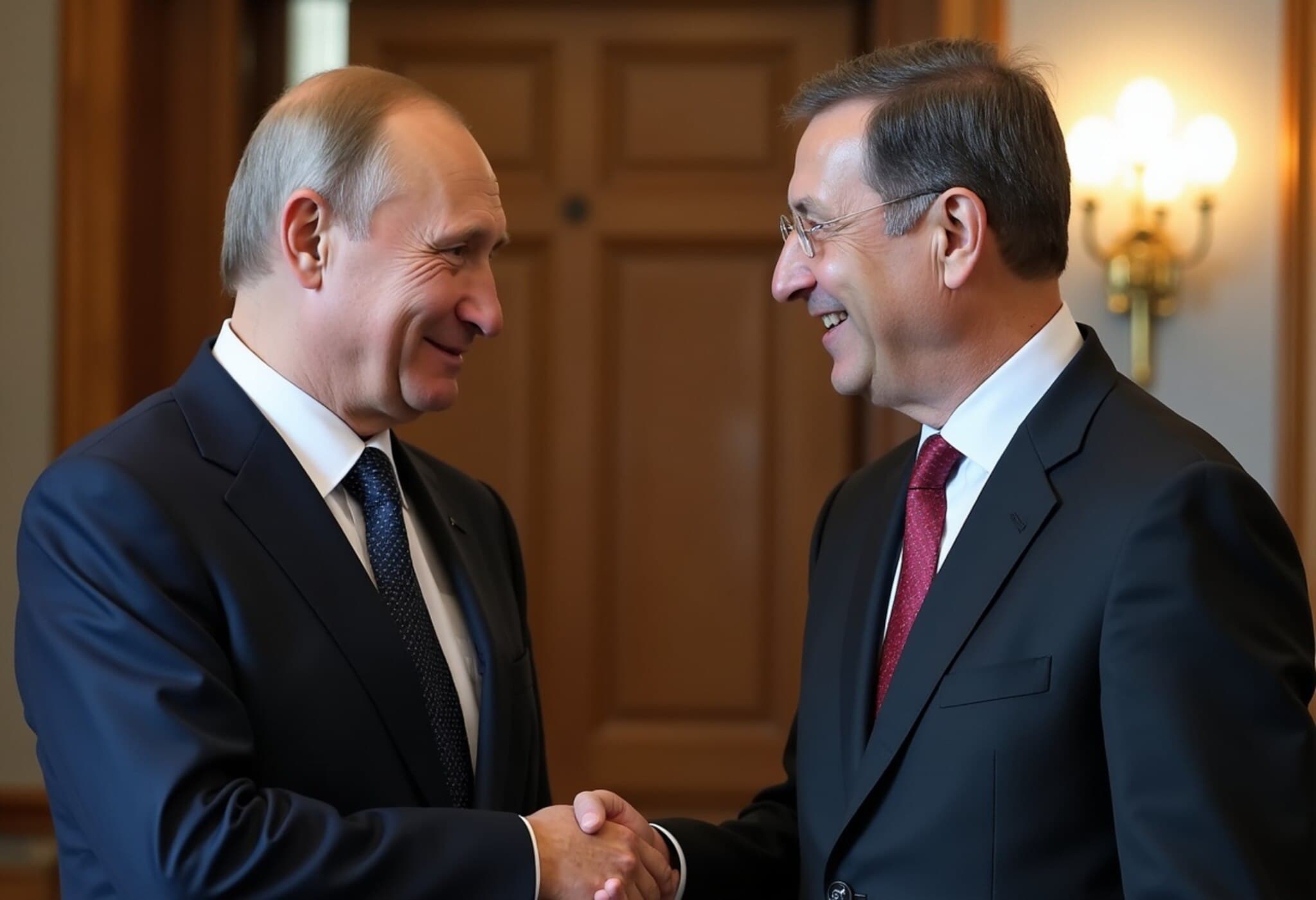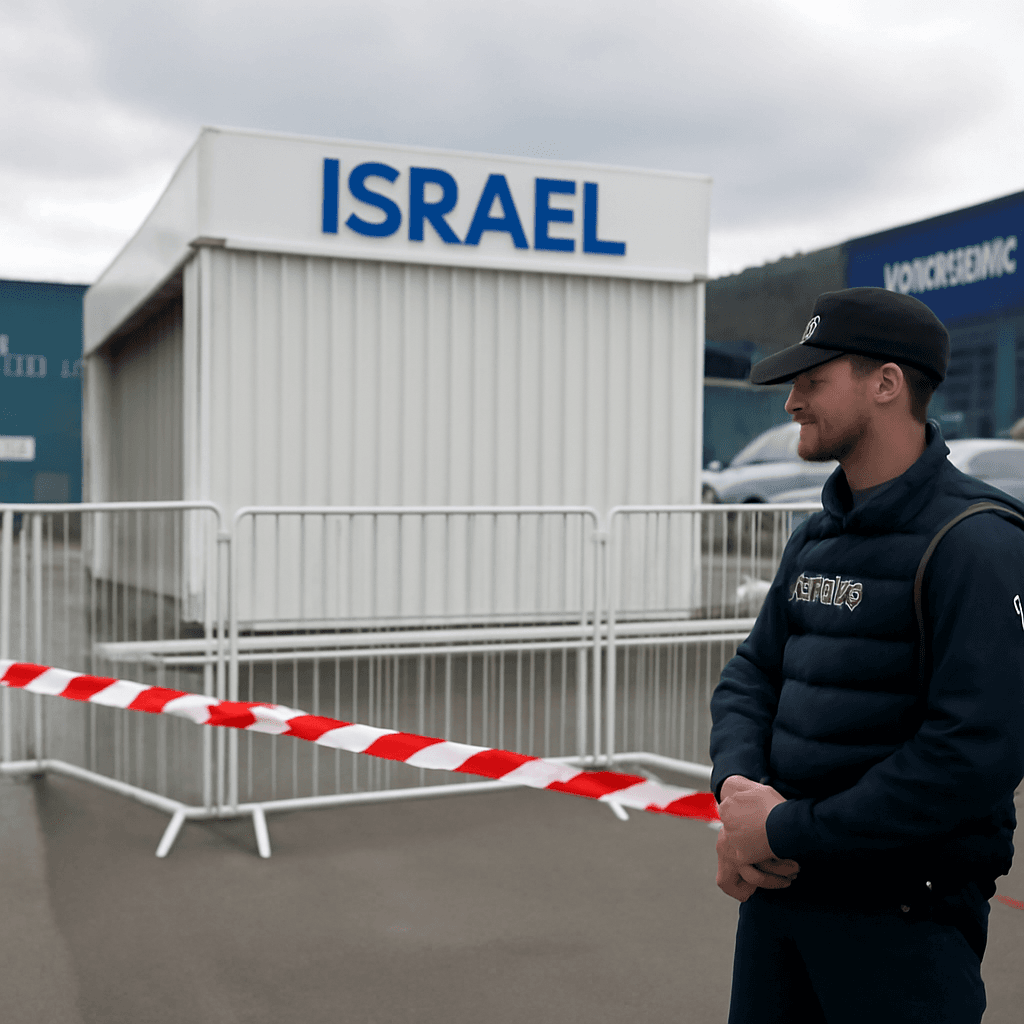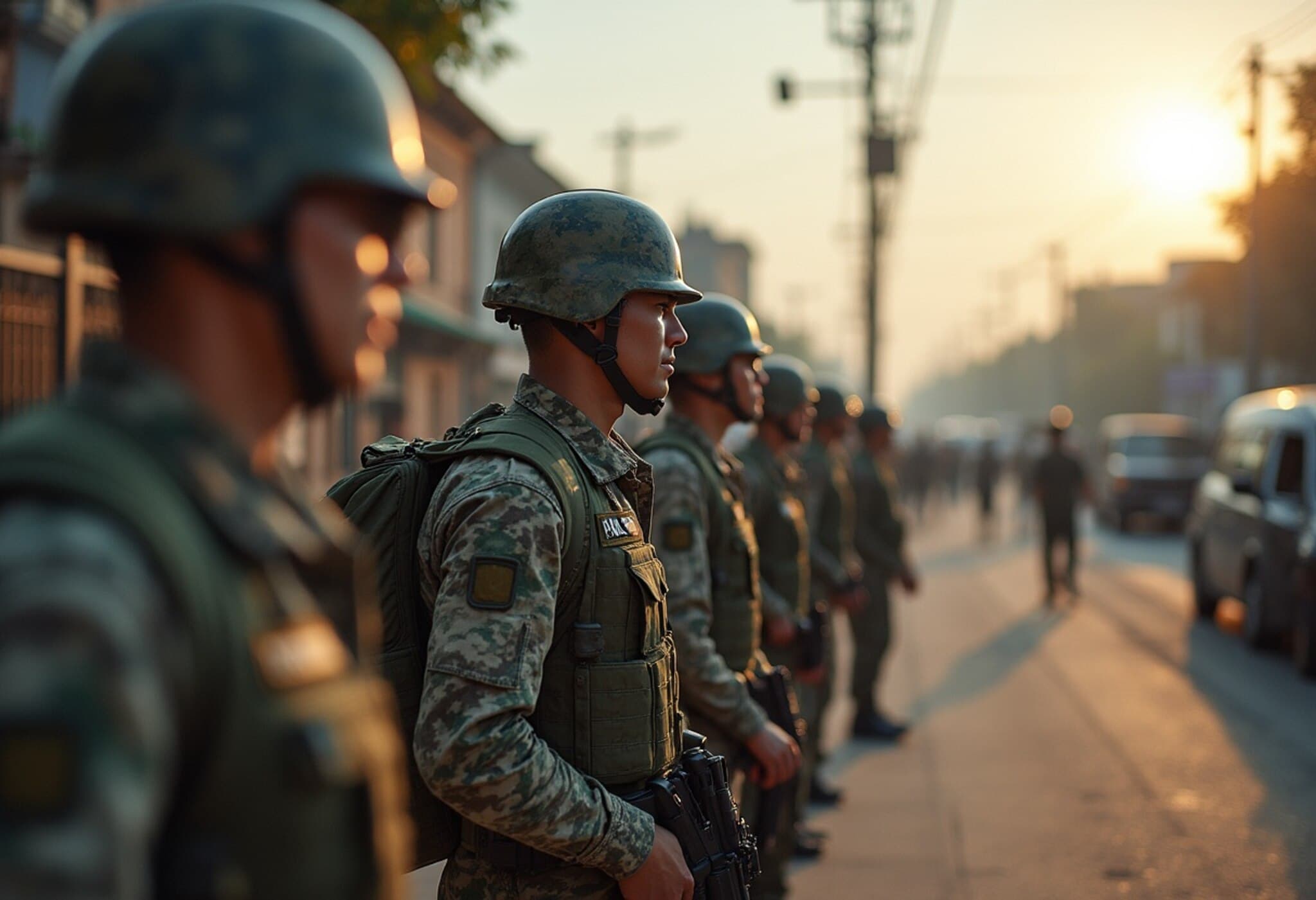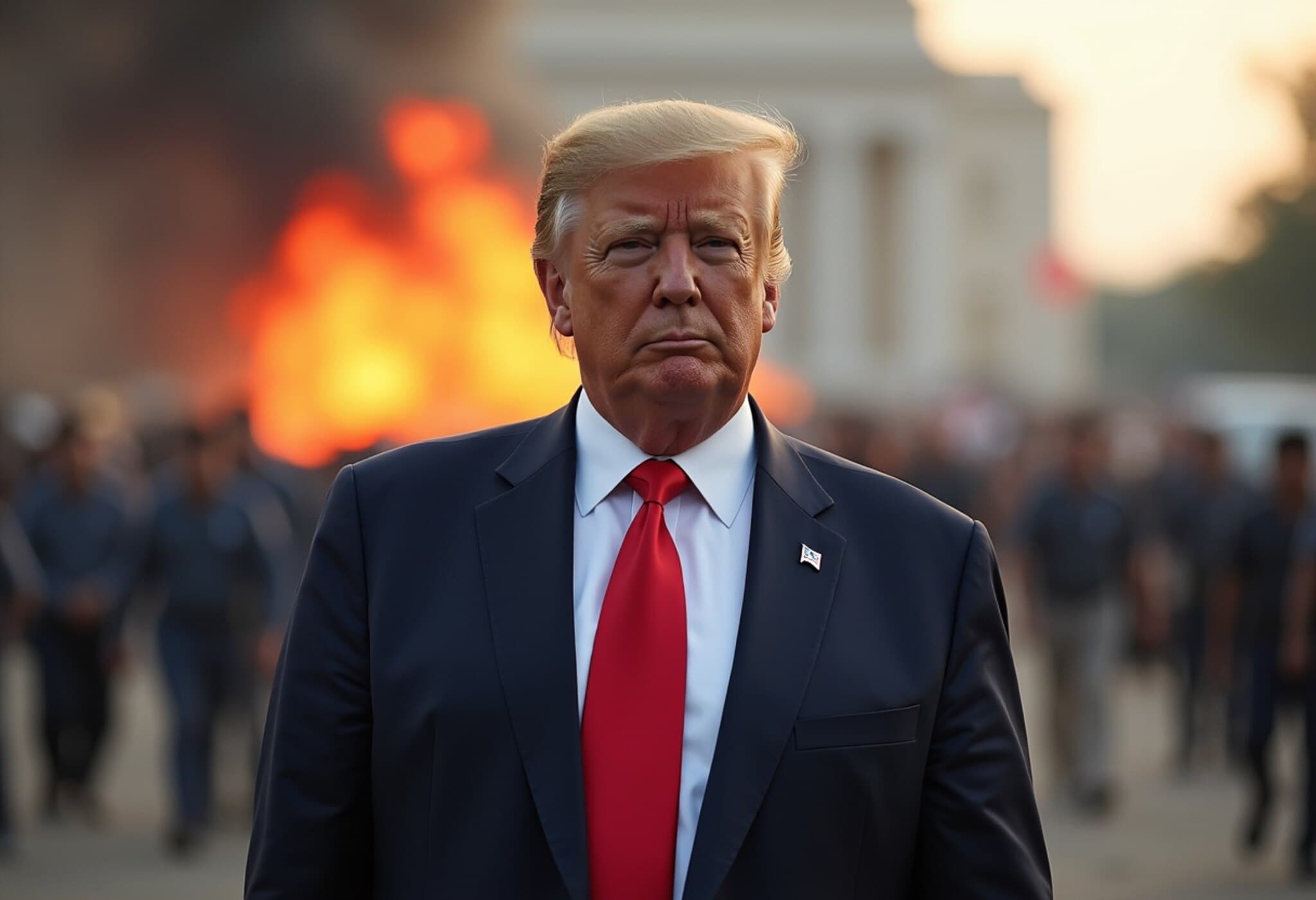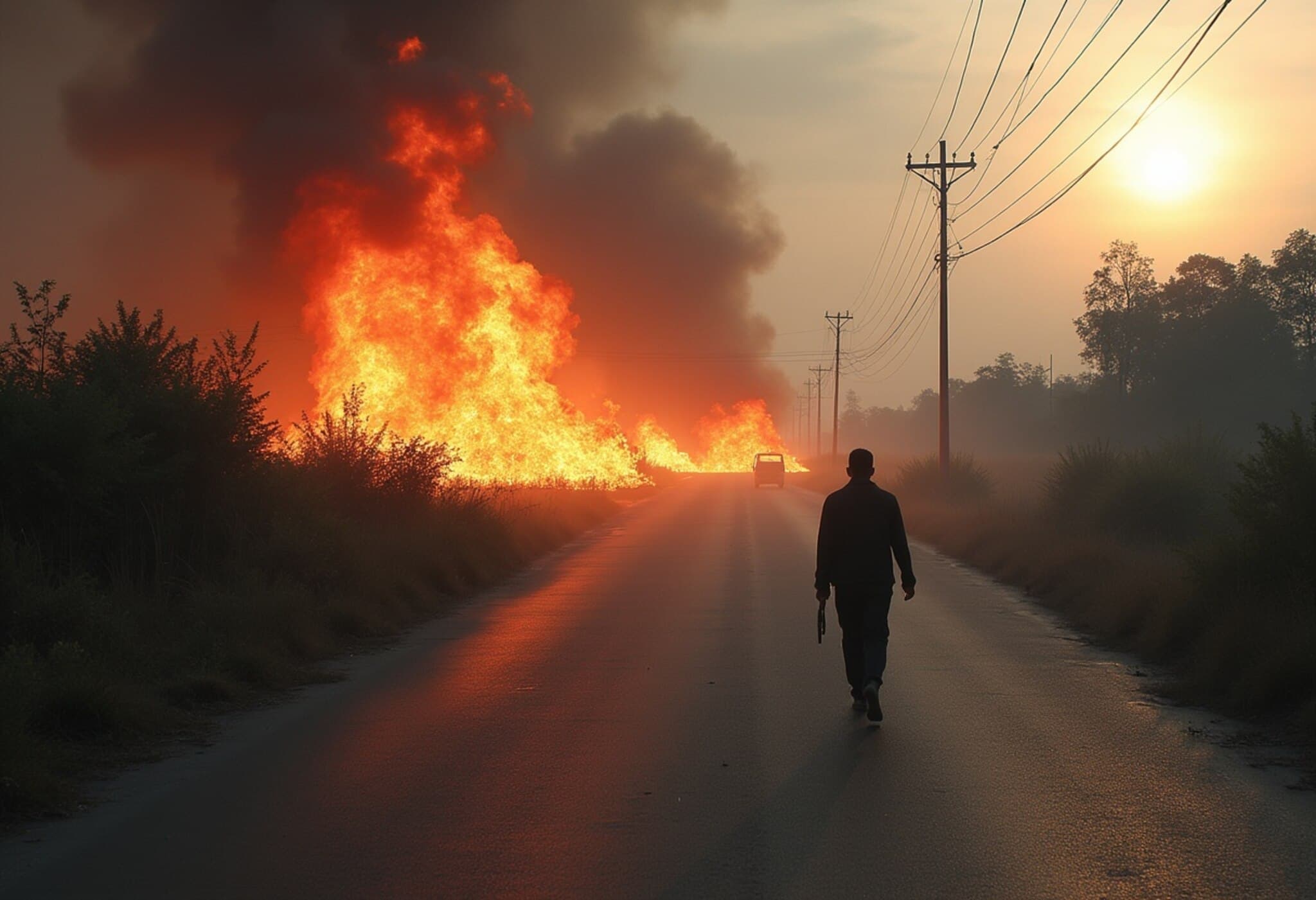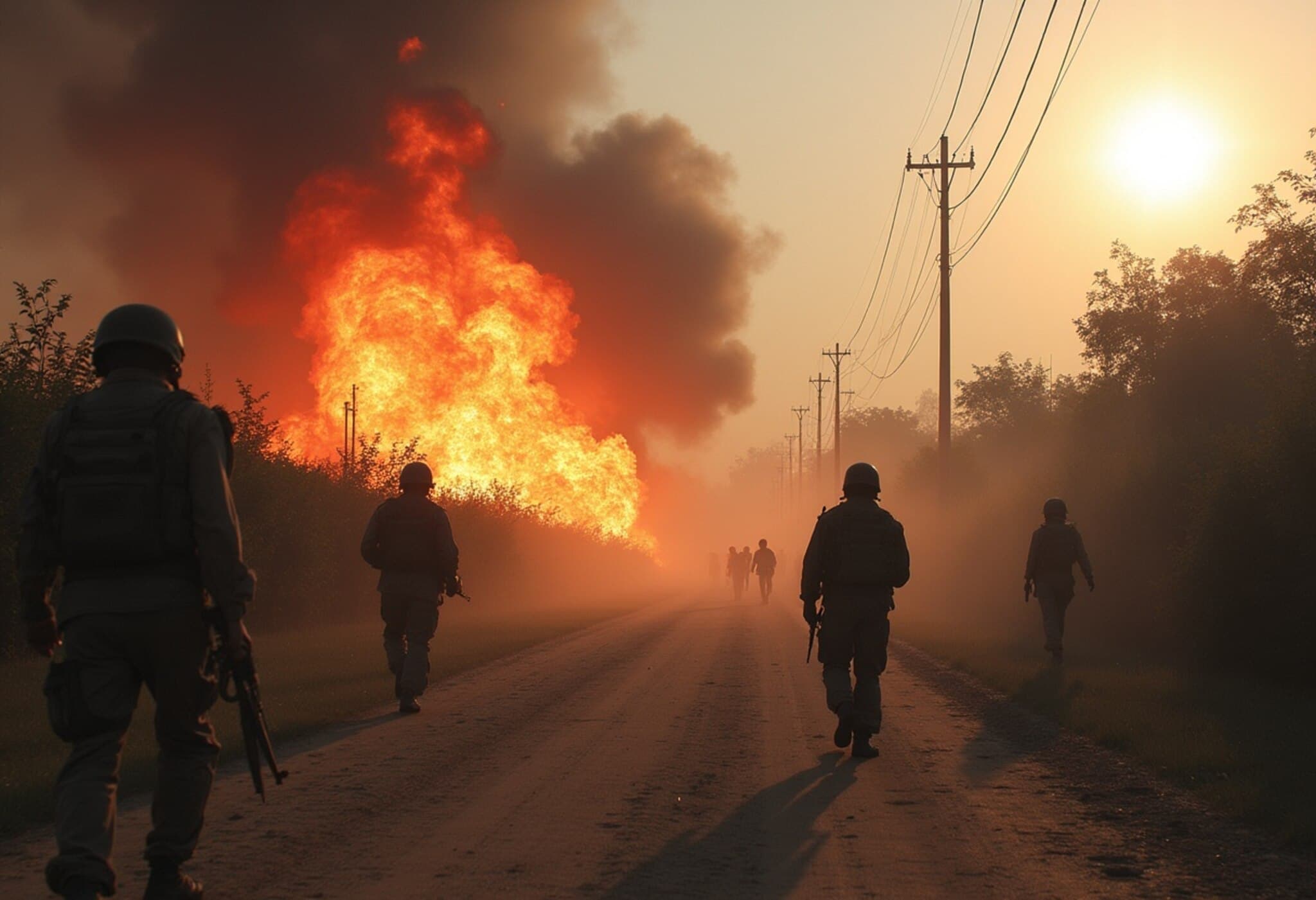US President Trump Encourages Thailand and Cambodia Towards Conflict Resolution
On July 27, 2025, during a high-profile meeting at the Trump Turnberry golf course in Scotland, President Donald Trump announced his belief that Thailand and Cambodia are poised to ease their long-standing tensions. Speaking alongside European Commission President Ursula von der Leyen, Trump indicated a breakthrough could be imminent, signaling a potential thaw in Southeast Asia's regional disputes.
Diplomatic Pressure Linked to Trade Negotiations
President Trump revealed to reporters that he had communicated directly with the prime ministers of both Thailand and Cambodia about their ongoing conflict. More notably, he stated that the United States would withhold any trade agreements with the two nations unless they took concrete steps toward ending their hostilities. ‘‘I spoke to both of the prime ministers, and I think by the time I got off, I think they want to settle now,’’ Trump said, underscoring the tactical use of economic leverage in diplomacy.
Upcoming Dialogue Between Thai and Cambodian Officials
According to the President's remarks, officials from Thailand and Cambodia were expected to meet in the days following the announcement. This meeting could mark a significant step towards de-escalation after years of periodic border skirmishes and political friction. The US appears to be positioning itself as a mediator, although the details of its involvement remain to be seen.
Contextualizing the US Role in Southeast Asia
The United States' engagement in Southeast Asian disputes reflects broader geopolitical strategies aimed at balancing influence in the Indo-Pacific region. Both Thailand and Cambodia maintain strategic relationships with China, which has been expanding its footprint through infrastructure investments and military partnerships. By incentivizing peace through trade negotiations, Washington may be aiming to pull these nations closer into its ambit of influence, ensuring stability that benefits international trade and regional security.
Economic Stakes and Regional Stability
- Trade Relationship: Thailand and Cambodia have growing economic ties with the US, including exports of textiles, electronics, and agriculture.
- Security Concerns: Persistent border disputes risk triggering broader conflicts, which could disrupt trade routes critical to global markets.
- US Strategy: Leveraging trade agreements to achieve diplomatic goals demonstrates an intersection of economic policy and foreign relations.
Expert Insights
Dr. Emily Carter, a Southeast Asia policy analyst at Georgetown University, notes, ‘‘The US approach here signals a nuanced understanding that economic incentives can drive peace where diplomatic efforts alone have struggled. However, success will hinge on the willingness of both Bangkok and Phnom Penh to compromise, given domestic political pressures.’’
Unanswered Questions Moving Forward
- What specific terms might feature in any forthcoming peace agreement?
- How will domestic political dynamics within Thailand and Cambodia influence these talks?
- What role, if any, will China play amid US efforts to assert influence?
- Can this model of tying trade deals to peace initiatives be replicated in other regional conflicts?
Conclusion
President Trump’s statement underscores the shifting dynamics in international diplomacy, where economic might and strategic negotiation intertwine. While optimism exists around a peaceful resolution between Thailand and Cambodia, the coming days will be crucial. The global community, especially US stakeholders and Southeast Asian partners, will be watching closely to see if this opportunity translates into lasting peace and economic cooperation.

